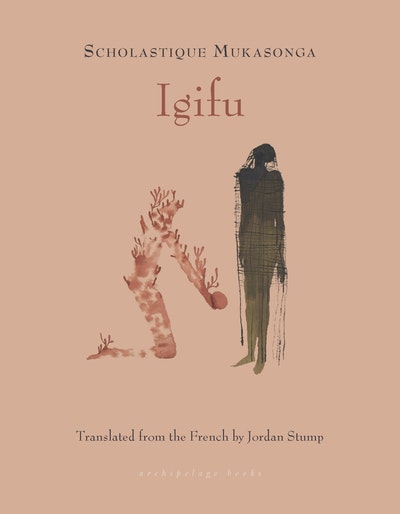[]
- Published: 15 December 2020
- ISBN: 9781939810786
- Imprint: NY Review Books
- Format: Paperback
- Pages: 160
- RRP: $40.00
Igifu
Formats & editions
Buy from…
- Published: 15 December 2020
- ISBN: 9781939810786
- Imprint: NY Review Books
- Format: Paperback
- Pages: 160
- RRP: $40.00
Praise for The Barefoot Woman:
"The Barefoot Woman powerfully continues the tradition of women's work it so lovingly recounts. In Mukasonga's village, the women were in charge of the fire...In her work - six searing books and counting - she has become the keeper of the flame." - Parul Sehgal, The New York Times The Barefoot Woman is simultaneously a powerful work of witness and memorial, a loving act of reconstruction, and an unflinching reckoning with the Rwandan Civil War...An essential and powerful read. - Zadie Smith "A profoundly affecting memoir of a mother lost to ethnic violence. . . A loving, urgent memorial to people now "deep in the jumble of some ossuary" who might otherwise be forgotten in time." - Kirkus Reviews, starred



